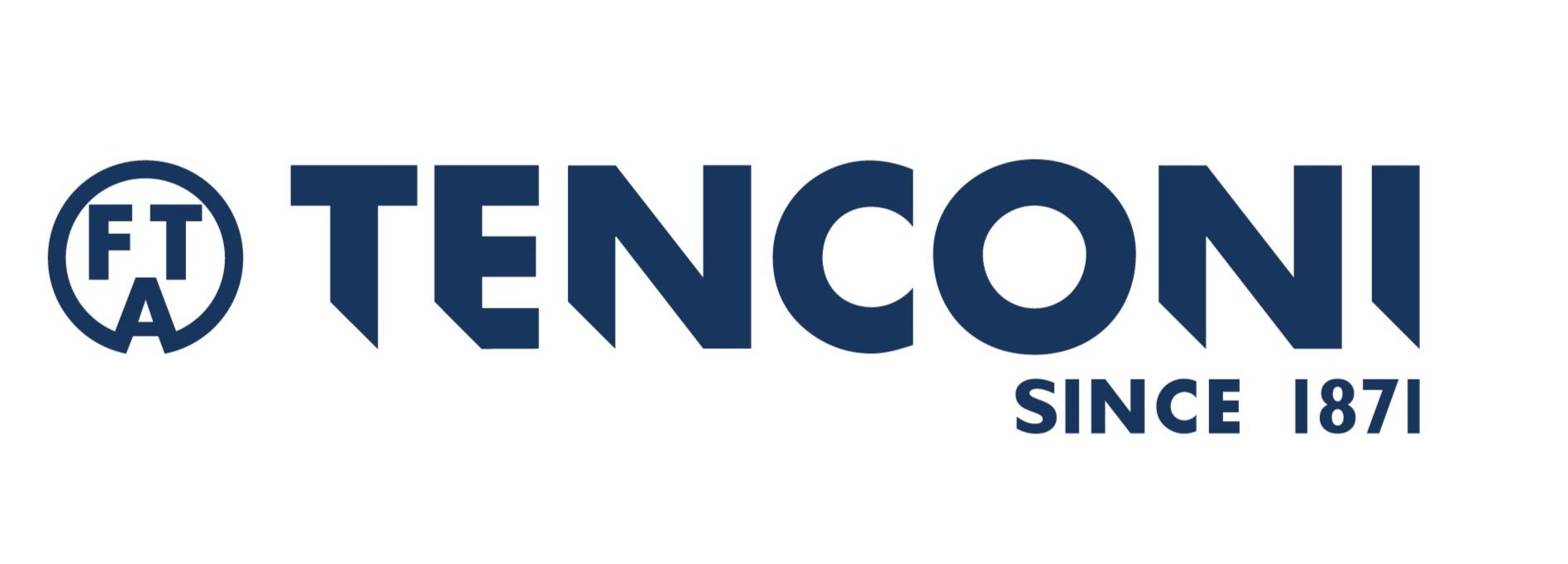Sustainability
Our idea of sustainability
Tenconi has grown with a focus on the local area and its employees. Corporate social responsibility (CSR) is an integral part of our corporate philosophy, and evolves over time in line with the three pillars of sustainability: environmental, social and economic.
Our idea of sustainability is constantly evolving.
Investing in the Airolo location is a strategic choice, because it allows us to consolidate what has worked over the years and improve what can be innovated. Over the next five years, we will focus more on environmental aspects, in line with the demands of a world that is increasingly demanding attention to sustainability.
Today, sustainability is a key issue not only for us, but also for our customers, who want to demonstrate clear strategies in this area. As a B2B company, we undergo strict controls on the quality of our products, the health and safety of employees, respect for human rights along the supply chain, and the reduction of environmental impacts.
We look positively at these changes and try to anticipate the demands of our clients and regulations, as evidenced by the publication of our sustainability report, which we have chosen to prepare voluntarily, anticipating the regulatory obligations already in place for our clients.
Distribution of economic value
In addition to direct employment, our company has a significant impact at the fiscal level, providing the municipality of Airolo with stable revenues. In addition, we are the second largest consumer of electricity supplied by Airolo's municipal power company, indirectly contributing to its development and the creation of jobs related to municipal utilities. Collaboration with the municipal power company has also made it possible to develop a photovoltaic plant that will come into operation during the second half of 2024.
Also of note is our commitment to using local suppliers. In a context where local businesses in the valleys often face difficulties, our policy has favored local businesses such as electricians, plumbers, carpenters, butchers, fruit vendors, agricultural cooperatives and companies specializing in routine maintenance.
Relationship with suppliers
The material and semi-finished products are sourced almost exclusively from Europe to ensure the superior quality of the steel, avoiding inferior products. Monthly, Tenconi conducts audits of its suppliers to verify the quality of processes, similar to those performed internally. Most suppliers are ISO certified, with more than 90 percent of the value of purchases coming from suppliers certified to ISO 9001 and, in many cases, also ISO 45001.
Tenconi pays close attention to the quality of suppliers and, in case of non-compliance, adopts strict controls to ensure that the products delivered to customers are up to the required standards. As the relationship with suppliers is critical to the production process, Tenconi applies a structured and strictly managed approach.
Relationship with co-workers
Tenconi is characterized by its ongoing commitment to promoting the well-being and continuing education of its employees. Currently, our efforts are geared toward improving internal communication and the management of work time and pace. In order to be able to constantly guarantee innovation, quality and safety to our customers, another cornerstone of human resource management is the continuous updating of skills through the constant renewal of patents and specialized training.
Management and the Board of Directors fully understand their responsibilities in managing the company and valuing human resources and all stakeholders. Management is committed to maintaining high employee awareness of health and safety policies, continuous improvement, and the consequences of non-compliance with regulatory and customer requirements.
Health and Safety
Tenconi is strongly committed to ensuring the workplace safety of its employees. The company adopts safety protocols and provides ongoing training to ensure that every worker operates in a safe environment that complies with current regulations. Employee safety is a top priority for Tenconi, which constantly invests in protective equipment and risk prevention, thus ensuring a safe and secure work environment. Tenconi has adhered to the industry solution for occupational safety and health protection in the metal industry since 2004; the occupational safety contact person attends courses regularly. The total number of occupational accidents had in 2024 was 13, of which 1 was minor.
Environmental Management
Tenconi uses three main materials: steel, aluminum and plastic. The company is integrating the life cycle perspective (LCA) of products and pays special attention in this regard:
To controls to ensure that its environmental requirements are addressed in the product design and development process
To compliance with environmental requirements for the procurement of products and services
To the communication of its environmental requirements to its external suppliers
to the need to provide information on potential significant environmental impacts associated with the transportation, delivery, use, end-of-life treatment and disposal of its products.
Regarding the selection of materials and suppliers, the company relies on 3.1 certificates. Material without certification is not accepted, as Tenconi must guarantee material traceability to its customers. Opportunities to purchase recycled ferrous material are currently being considered, without compromising
Community relations
Tenconi has always stood out for its voluntary financial support to associations with sports, cultural and local government purposes particularly in the Leventina region. With major financial supports to date, Tenconi financially supports several associations such as:
ASIO ass. + Alta Leventina Philharmonic
Giorgia Barelli - best Ticino sportswoman 2022, youth category
HC Blenio
Airolo ski club
HCAP (Ambrì-Piotta) women's field hockey team,
Aquaculture and Fisheries Society, The Leventinese
Three Valleys Rescue
Valbianca SA to support sports and recreational activities in the municipality of Airolo.
Download CSR Reports
EN
- CSR report of territory 2023
- CSR report of territory 2024






